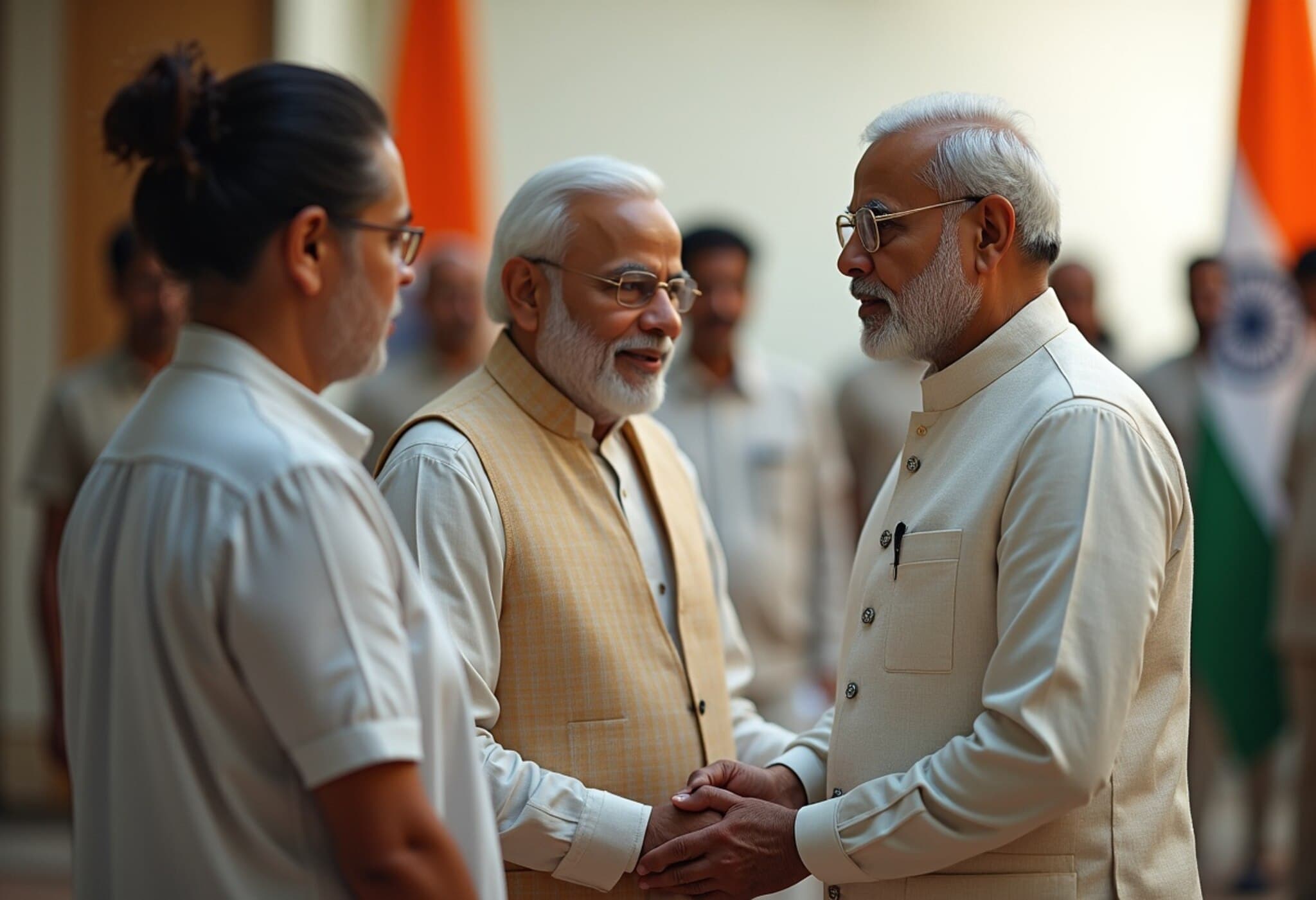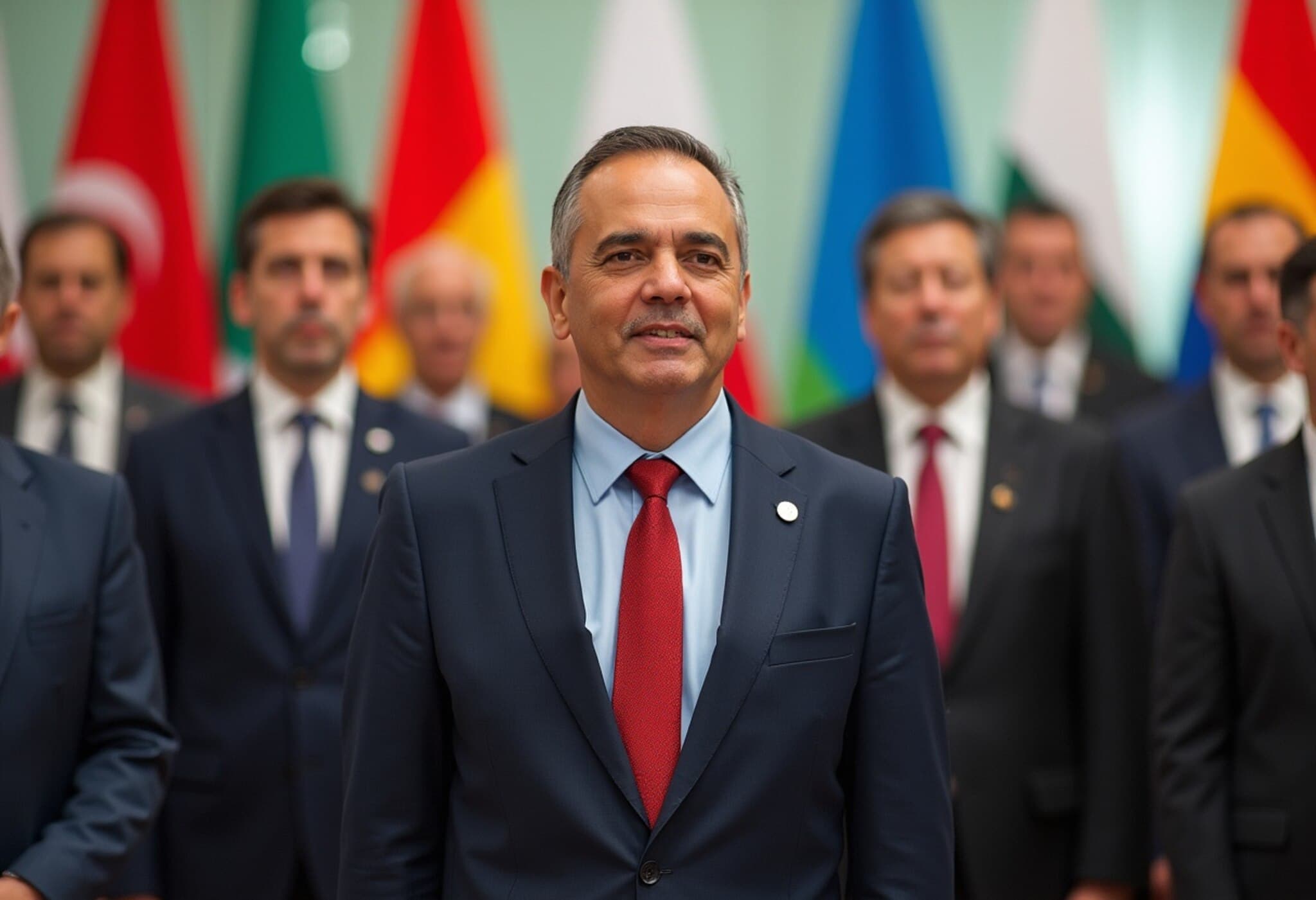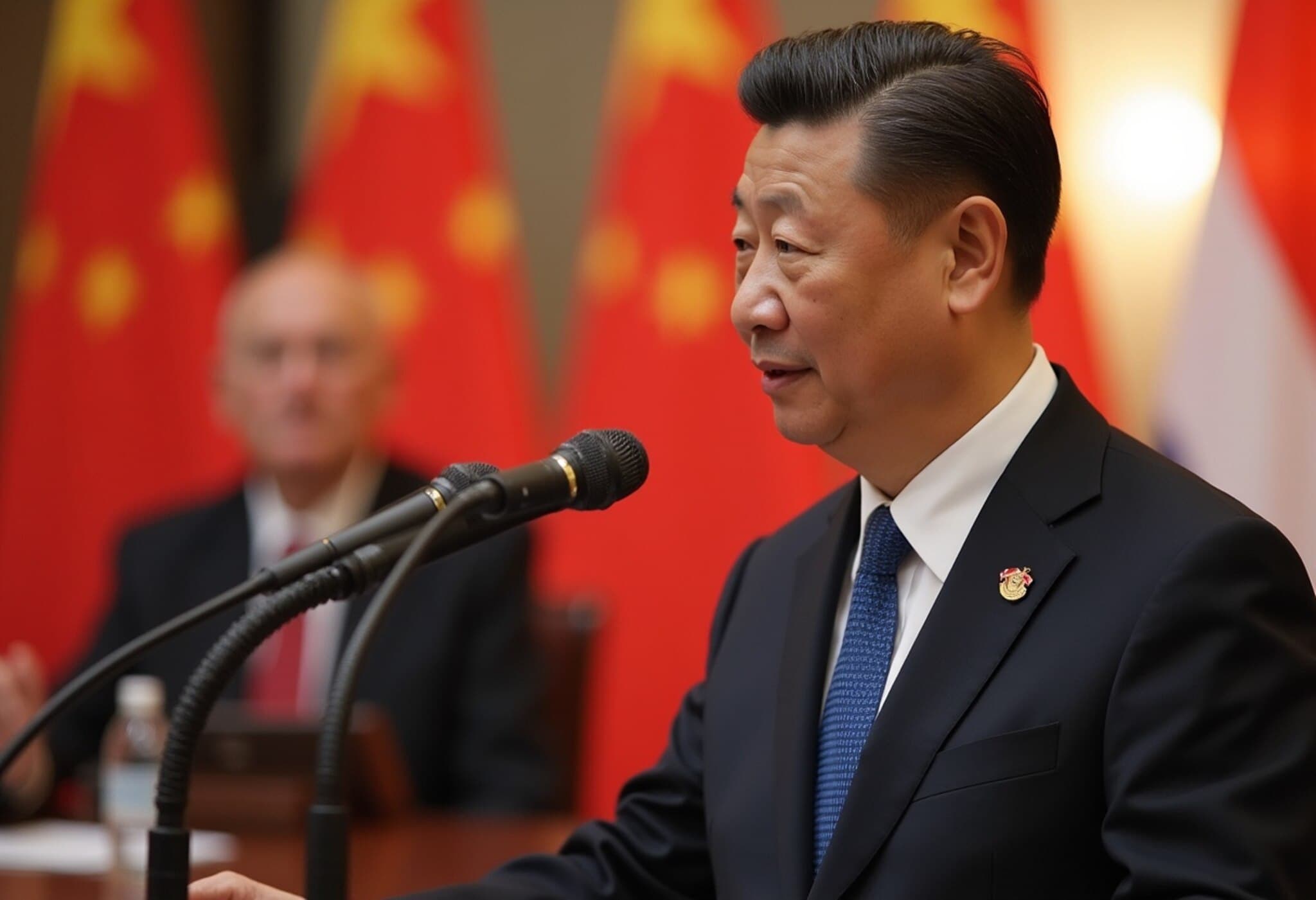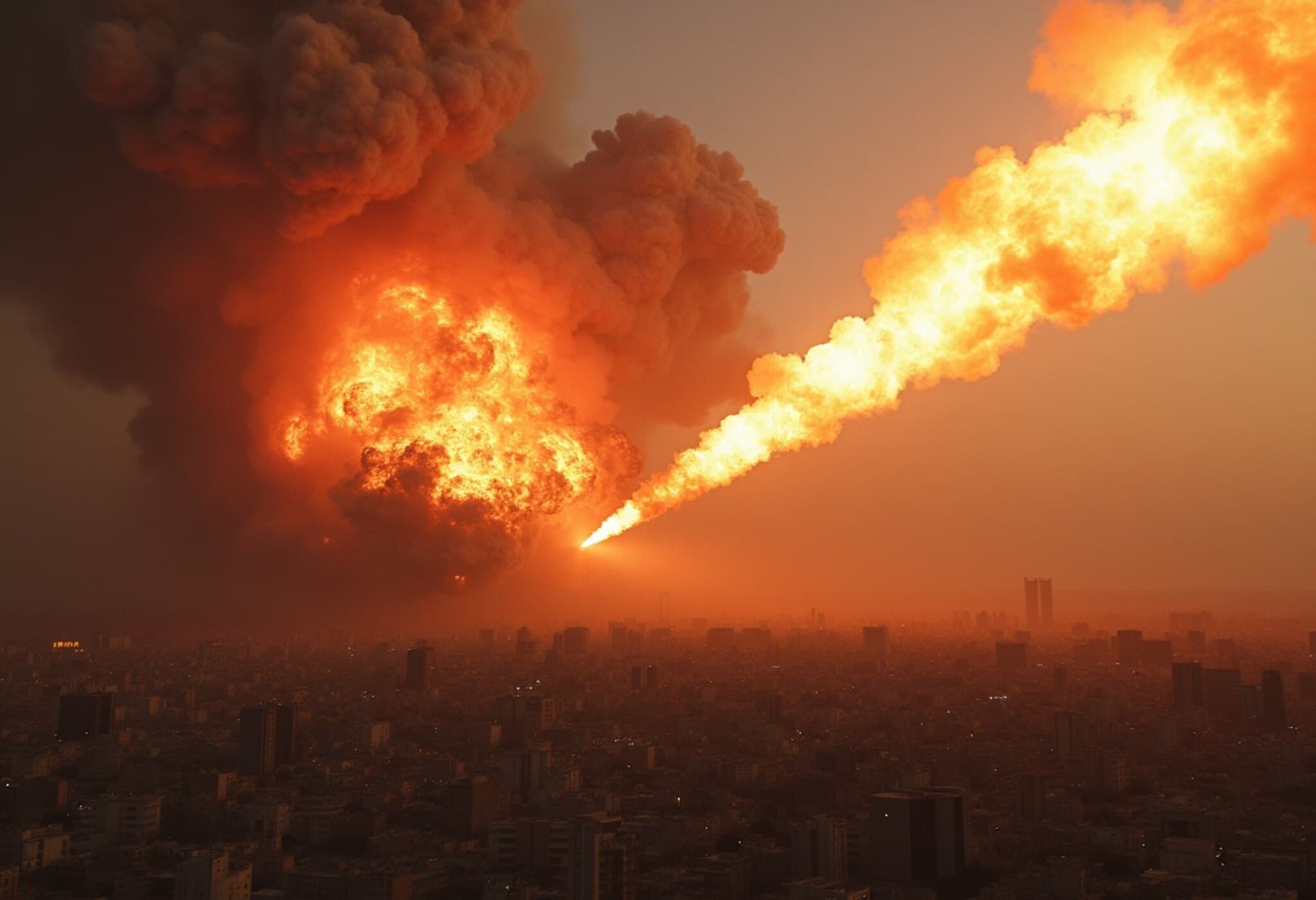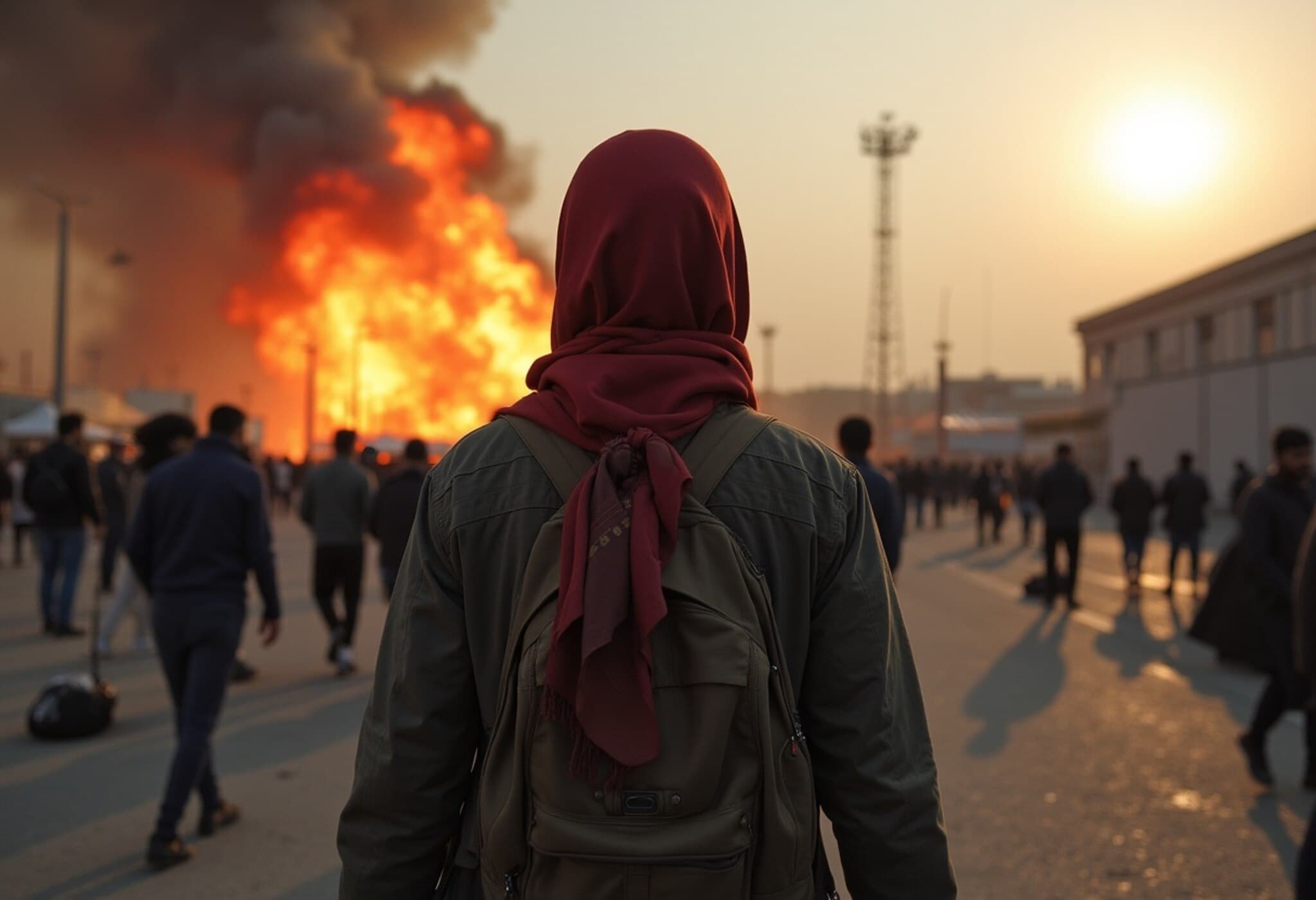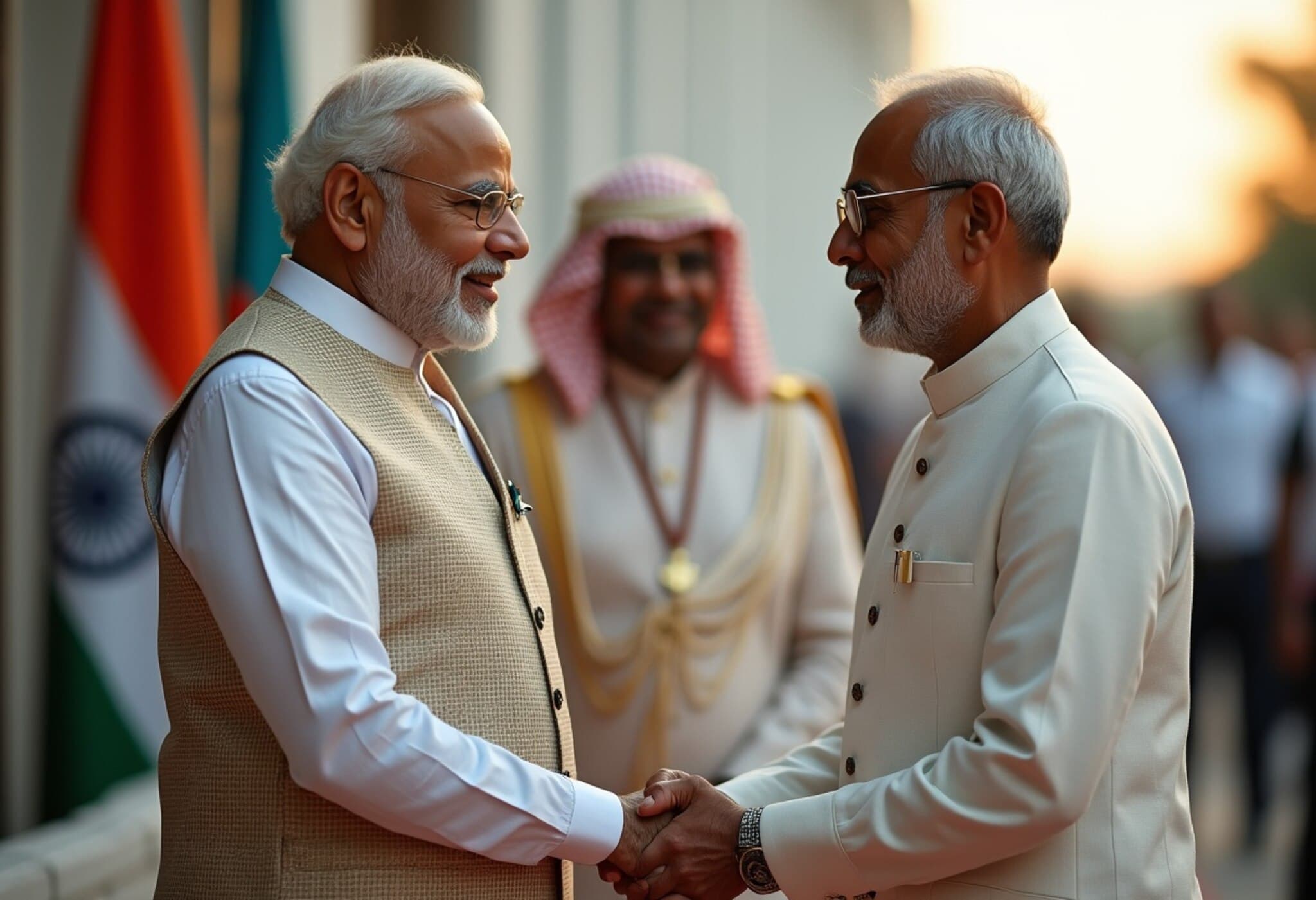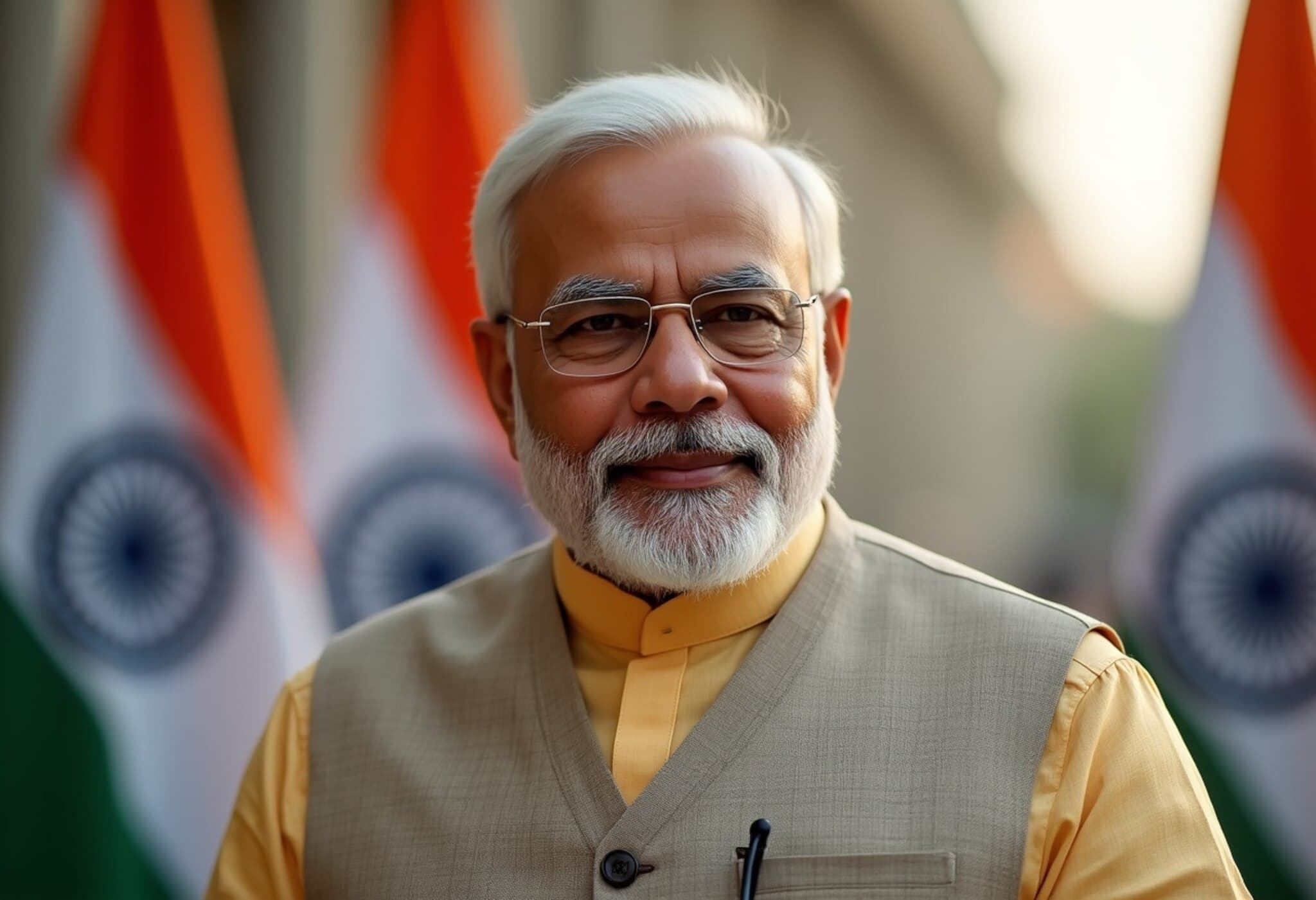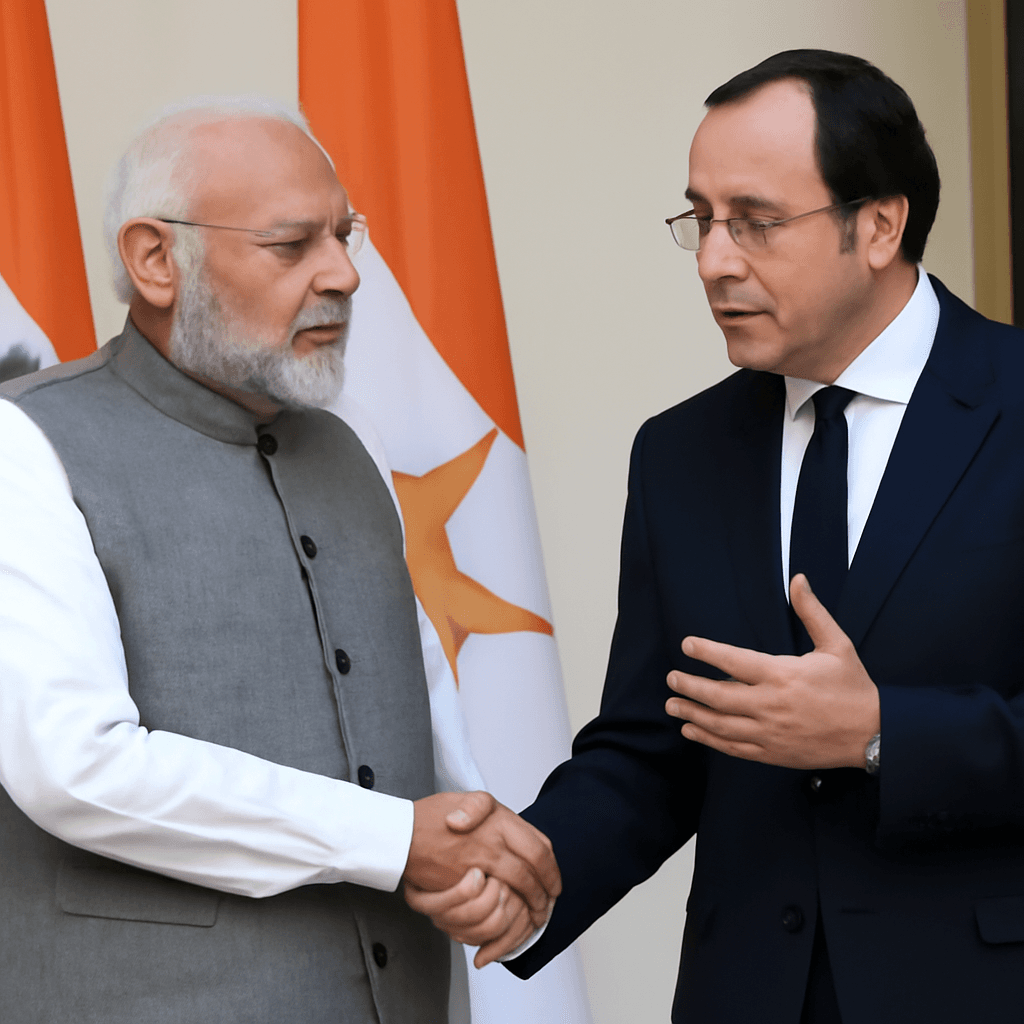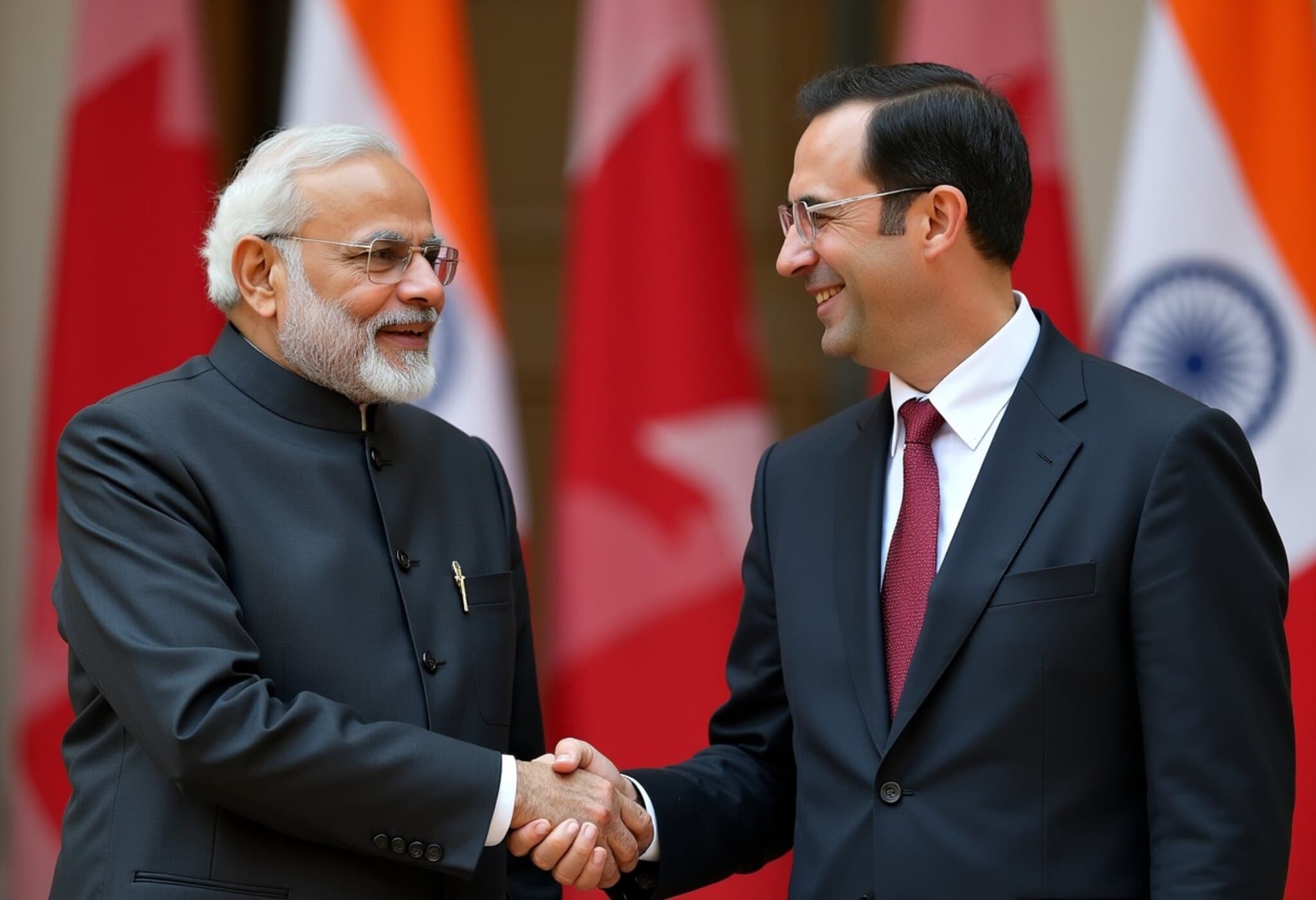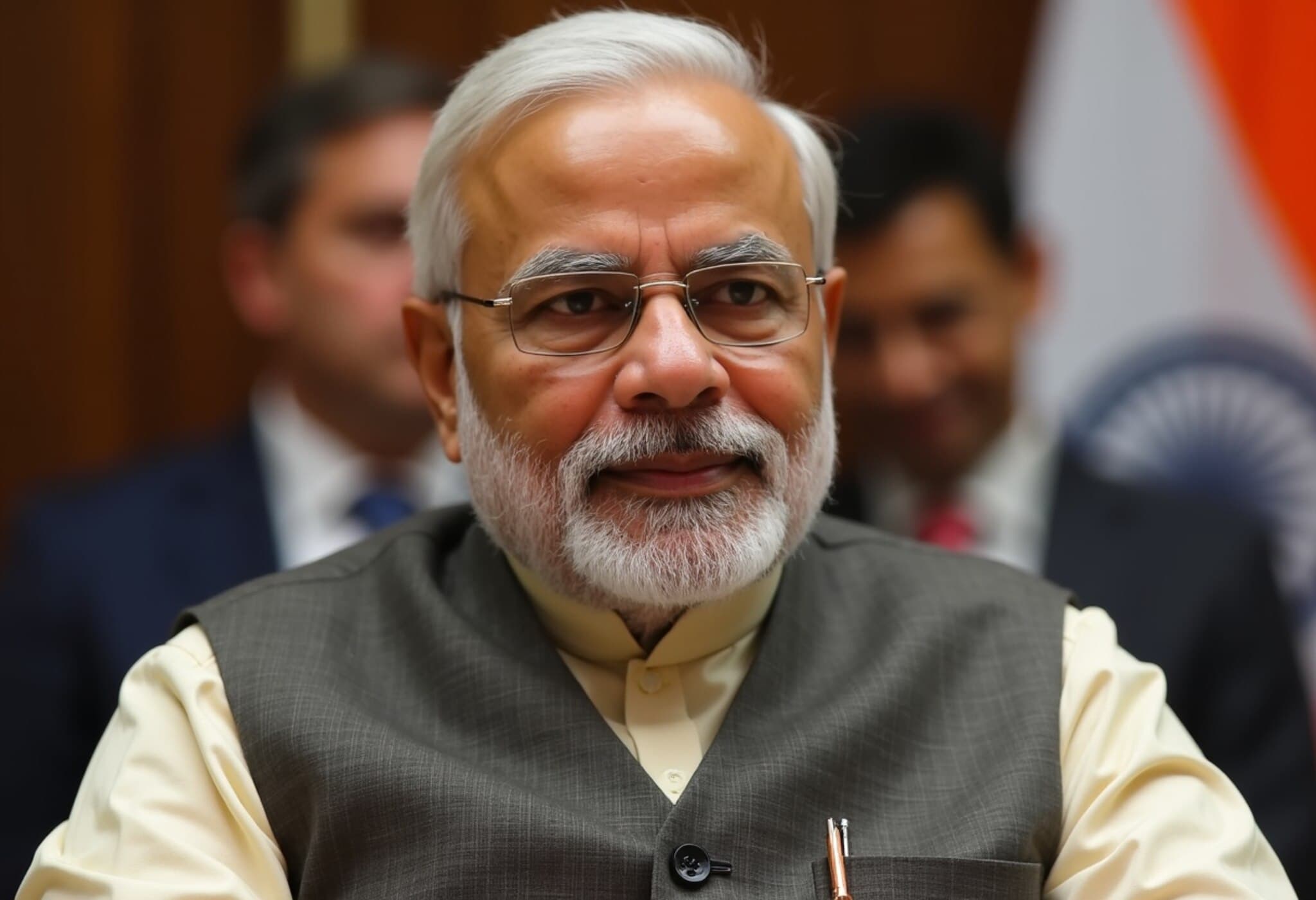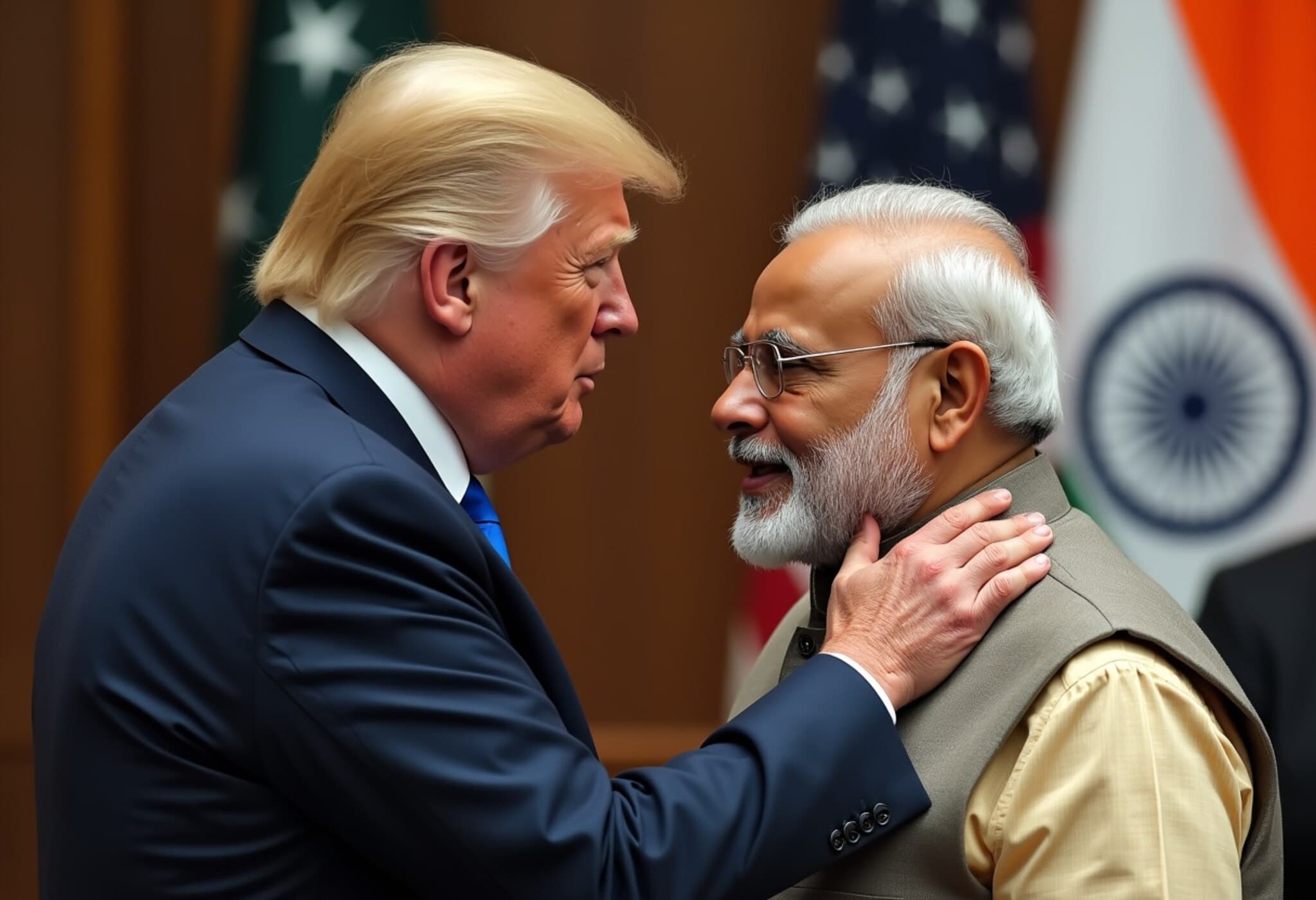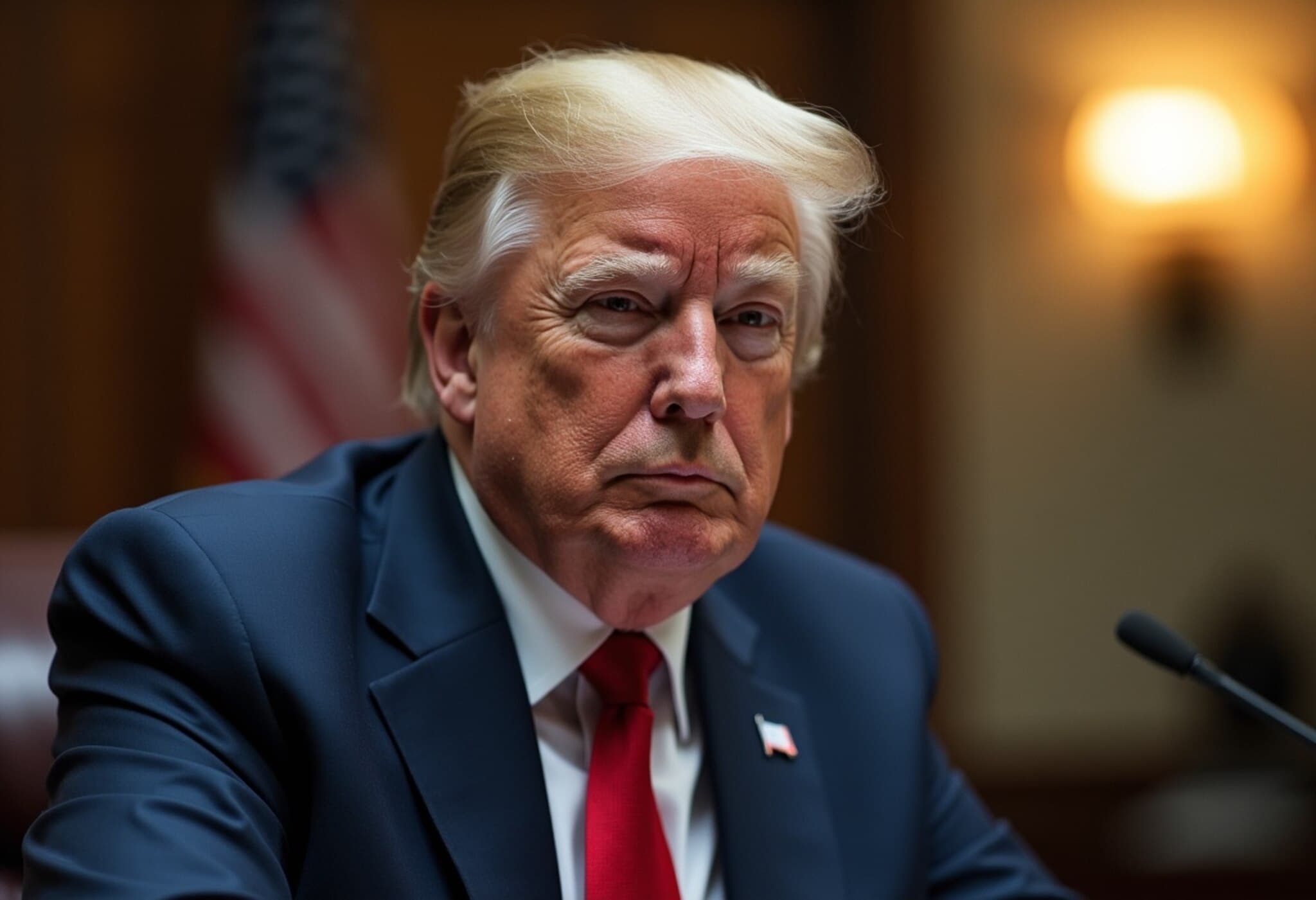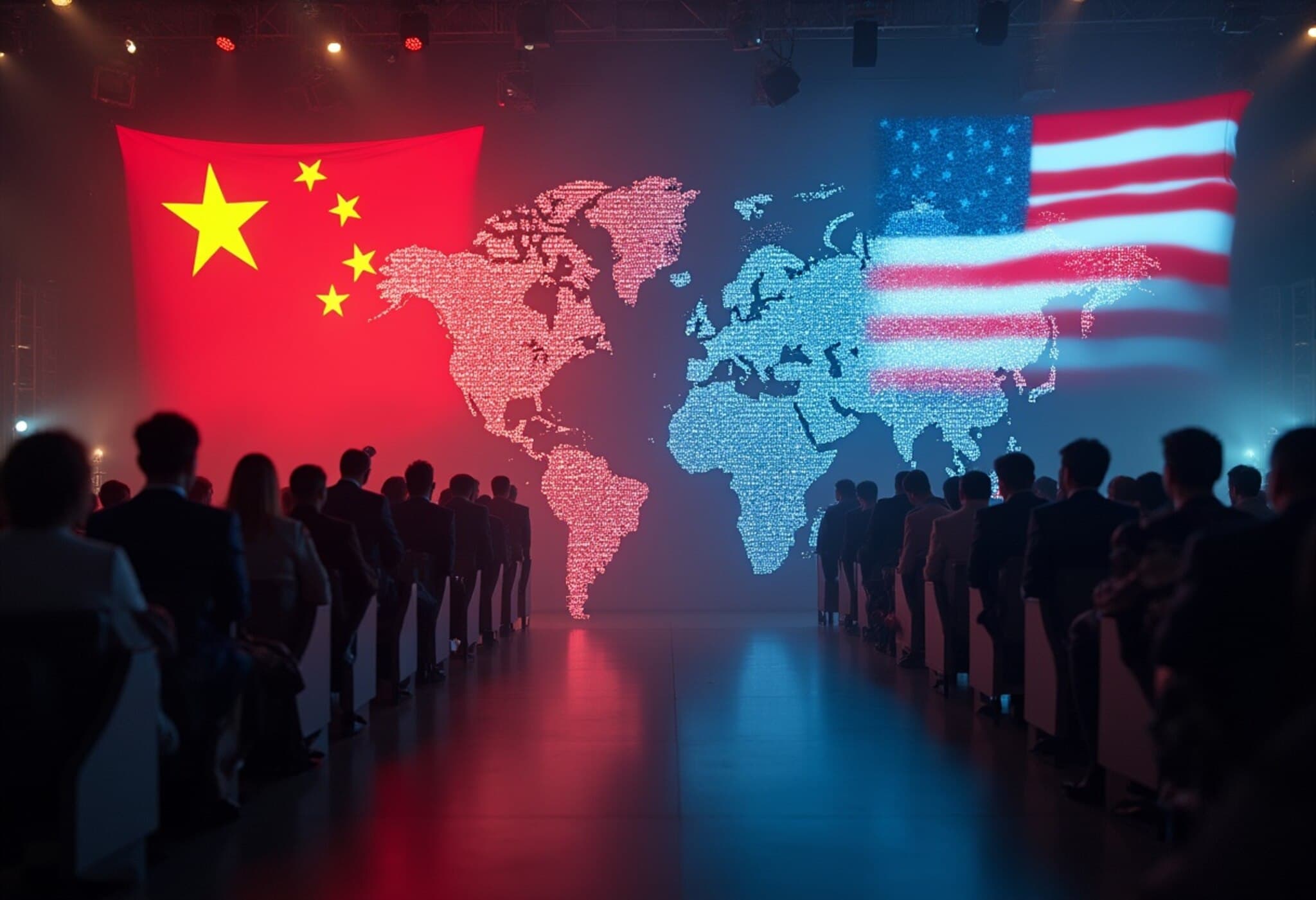PM Modi Engages with Maldivian Leaders to Bolster Bilateral Relations
On July 26, 2025, Prime Minister Narendra Modi met with key dignitaries from the Maldives, including Vice President Uz Hussain Mohamed Latheef and former President Mohamed Nasheed, reaffirming India's commitment to deepening cooperation across technology, energy, climate change, and infrastructure sectors. This high-level dialogue signals a renewed vigor in the India-Maldives friendship as they mark 60 years of formal diplomatic ties.
Key Pillars of Strategic Partnership
During his conversation with Vice President Latheef, Modi highlighted the close collaboration between the two nations in realms that directly impact the welfare of their people—technology innovation, sustainable energy development, climate resilience, and infrastructure expansion. Modi emphasized that this partnership aligns with India’s broader ‘Neighbourhood First’ policy and the Mahasagar vision, underscoring the Maldives as a vital ally in the Indian Ocean region.
Vice President Latheef expressed honor at the meeting, reflecting on the six decades of friendship and mutual support shared between the two countries. He expressed optimism for continued growth in cooperation and called for sustained bipartisan engagement.
Bipartisan Political Support: A Foundation for Enduring Friendship
PM Modi’s outreach extended beyond executive leaders to include a diverse group of Maldivian political party representatives. This inclusive dialogue exemplifies the bipartisan support for the long-standing, robust India-Maldives relationship—which continues to be guided by shared democratic values and strategic interests.
Such cross-party participation is noteworthy in a regional context where political consensus often shapes the stability and continuity of foreign partnerships. By reinforcing parliamentary ties, Modi and Maldivian leaders laid the groundwork for expanded legislative collaboration through the newly formed India-Maldives Parliamentary Friendship Group in the 20th Majlis (Parliament).
Development Cooperation and Capacity Building: India’s Long-Term Commitment
India’s focus on capacity building and developmental cooperation was a prominent theme throughout Modi’s engagements. He reassured Maldivian leadership that India would continue providing robust support in training, infrastructure funding, and knowledge transfer. This commitment was warmly acknowledged by former President Mohamed Nasheed, a notable advocate for enhanced bilateral ties during his 2008–2012 tenure.
Recent financial initiatives, such as the announcement of a Rs 4,850 crore line of credit to the Maldives, further exemplify India’s tangible investment in its neighbor’s sustainable development and economic growth.
Climate and Energy Collaboration: Shared Challenges, Shared Solutions
The Maldives, being a low-lying island nation, faces acute risks from climate change—a global challenge that India has prioritized through its international partnerships. Modi’s dialogues emphasized joint efforts in renewable energy projects and climate resilience programs, demonstrating how bilateral cooperation contributes to regional stability and environmental sustainability.
Strategic Context: Why India-Maldives Relations Matter
The India-Maldives relationship is more than ceremonial; it holds strategic significance amid emerging geopolitical dynamics in the Indian Ocean region. The Maldives' location is critical for maritime security, trade routes, and countering influence from other major powers. Strengthening ties provides India with a reliable partner to advance a rules-based regional order, promote economic prosperity, and address transnational challenges.
Looking Ahead: Opportunities and Unanswered Questions
While the reinforced partnership offers promising avenues—from technology innovation hubs to climate adaptation initiatives—several questions linger:
- How will India balance its developmental aid with expectations for political reciprocity and strategic outcomes?
- What concrete projects will emerge from the parliamentary collaboration to deepen democratic cooperation?
- How effectively will India and Maldives integrate climate change mitigation into their economic planning amid global challenges?
Addressing these will determine the durability and depth of the India-Maldives alliance in the coming decade.
Editor’s Note
PM Modi’s recent engagements with Maldivian leaders underscore a multifaceted and evolving partnership, rooted in shared values and pragmatic cooperation. As Indo-Pacific geopolitics intensify, the India-Maldives relationship serves as a beacon of regional solidarity and sustainable development. For policymakers and observers, it remains imperative to watch how these high-level commitments translate into actionable projects that tangibly improve people’s lives while reinforcing strategic stability. The story is still unfolding, with rich potential and complex challenges ahead.

